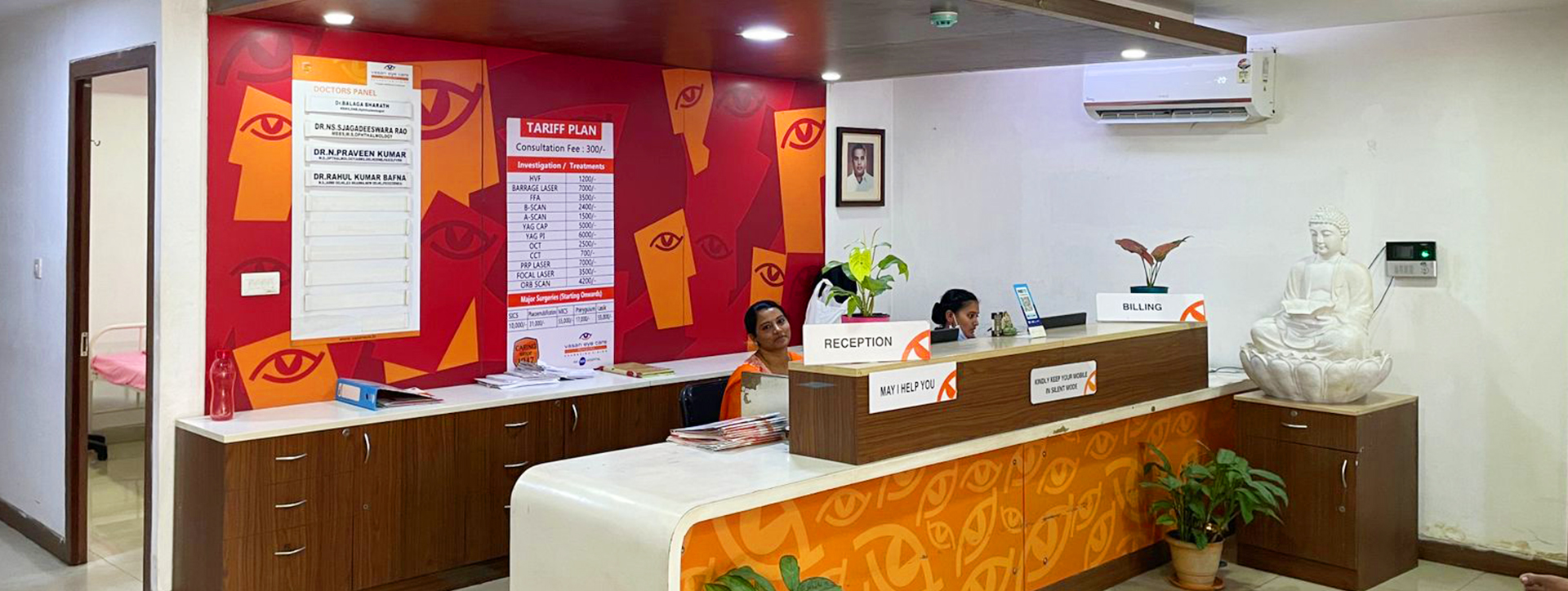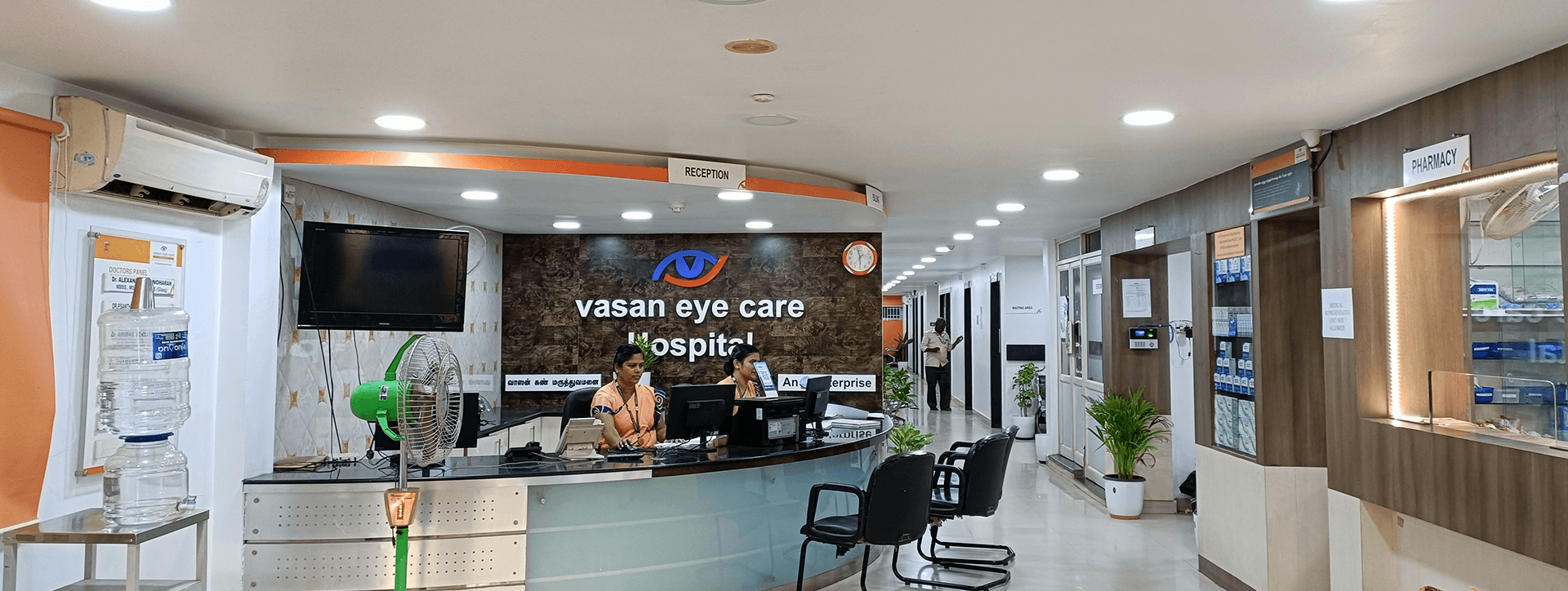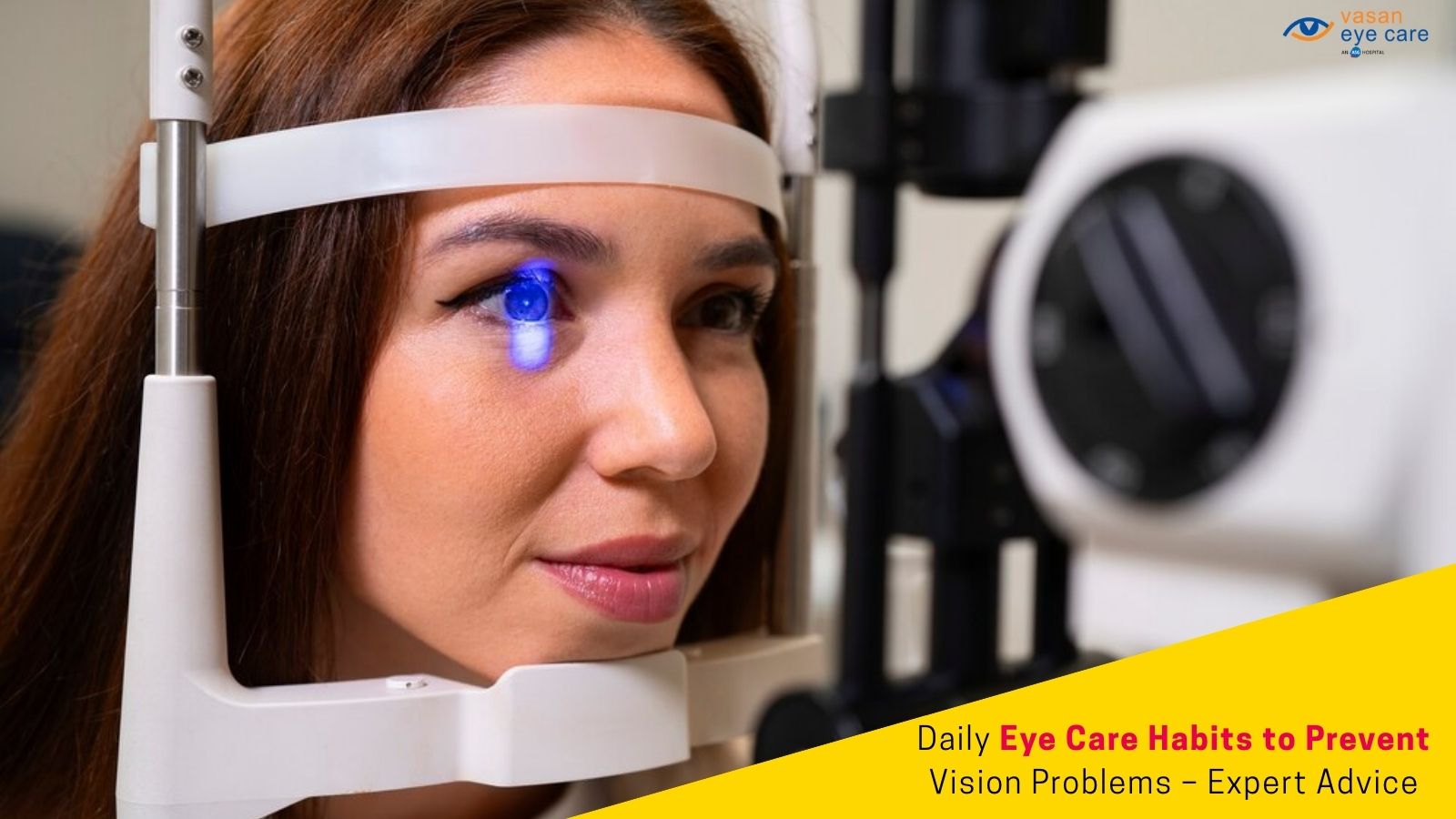Diabetic Retinopathy Symptoms: When to Rush to an Eye Doctor!

Strong 8k brings an ultra-HD IPTV experience to your living room and your pocket.
Diabetes doesn't just affect your blood sugar—it can silently damage your eyesight if left unchecked. Diabetic Retinopathy Symptoms often go unnoticed until vision problems become severe, making early detection crucial. This condition, caused by damage to the blood vessels in the retina, is a leading cause of blindness in adults. But how do you know when minor vision changes are warning signs? And when should you seek immediate medical attention?
In this article, we’ll explore the key Diabetic Retinopathy Symptoms, explain why they occur, and help you understand when it’s time to rush to an eye doctor before permanent damage sets in.
What Are the Early Signs of Diabetic Retinopathy?
In its initial stages, Diabetic Retinopathy may not cause any noticeable symptoms. This is why regular eye exams are essential for anyone with diabetes—even if your vision seems perfect. However, as the condition progresses, subtle changes may appear. One of the earliest Diabetic Retinopathy Symptoms is mild blurriness, particularly in your central vision. You might find it harder to read, recognize faces, or see fine details. Some people also report occasional floaters—tiny dark spots or cobweb-like shapes drifting across their field of vision. These occur when small amounts of blood leak into the vitreous gel inside the eye.
Another common early symptom is difficulty seeing at night or in low-light conditions. You may notice that your eyes take longer to adjust when moving from a bright area to a darker one. While these signs might seem minor, they indicate that retinal damage has begun, and prompt medical evaluation can prevent further deterioration.
When Do Symptoms Become an Emergency?
While early Diabetic Retinopathy Symptoms may develop gradually, certain warning signs demand immediate attention. Sudden vision loss, even if temporary, is a major red flag. This could mean that bleeding has occurred inside the eye, or the retina may be detaching—a serious complication that can lead to permanent blindness if not treated urgently.
Another critical symptom is the appearance of dark, shadowy areas in your vision. This suggests that parts of the retina are no longer receiving proper blood flow, causing tissue damage. Flashes of light, often described as lightning streaks in your peripheral vision, can also signal retinal traction or detachment. If you experience any of these severe Diabetic Retinopathy Symptoms, do not wait—seek emergency eye care immediately.
Why Do These Symptoms Occur?
Understanding the underlying causes of Diabetic Retinopathy Symptoms can help you recognize their severity. High blood sugar levels damage the tiny blood vessels nourishing the retina, causing them to swell, leak, or close off completely. In early stages, fluid leakage leads to macular edema, which blurs central vision. As the disease advances, oxygen-deprived areas of the retina trigger the growth of abnormal new blood vessels. These vessels are fragile and prone to bleeding, resulting in floaters or sudden vision obstruction.
In proliferative diabetic retinopathy—the most advanced stage—scar tissue can form, pulling the retina away from the back of the eye (retinal detachment). This is why symptoms like flashes, shadows, or rapid vision loss occur. The sooner these Diabetic Retinopathy Symptoms are addressed, the better the chances of preserving your eyesight.
Who Is Most at Risk for Severe Symptoms?
Not everyone with diabetes develops vision problems at the same rate. Certain factors increase the likelihood of severe Diabetic Retinopathy Symptoms:
Individuals with poorly controlled blood sugar levels face a higher risk, as prolonged hyperglycemia accelerates retinal damage. High blood pressure and elevated cholesterol further strain delicate eye vessels, worsening leakage and swelling. Long-term diabetics—especially those who have had the disease for over 10 years—are more susceptible to advanced stages. Pregnant women with gestational diabetes or pre-existing diabetes should also monitor their vision closely, as hormonal changes can hasten retinopathy progression.
Smoking, a sedentary lifestyle, and a diet high in processed sugars contribute to faster deterioration. If you fall into any of these high-risk categories, annual dilated eye exams are non-negotiable, even if you feel fine.
What Should You Do If You Notice Symptoms?
If you experience any Diabetic Retinopathy Symptoms, no matter how mild, schedule an appointment with an ophthalmologist immediately. A comprehensive eye exam, including retinal imaging and optical coherence tomography (OCT), can detect damage long before vision loss becomes irreversible.
For those with diabetes but no symptoms yet, the American Diabetes Association recommends:
- Type 1 diabetics should have their first eye exam within five years of diagnosis.
- Type 2 diabetics need an exam immediately after diagnosis, as retinopathy may already be present.
- Annual follow-ups are critical unless your doctor advises more frequent visits.
Early intervention can slow or even halt progression. Treatments like anti-VEGF injections, laser therapy, and vitrectomy surgery are highly effective when administered in time.
Conclusion: Don’t Ignore the Warning Signs
Diabetic Retinopathy Symptoms often start subtly but can escalate quickly, leading to irreversible vision loss if ignored. Blurriness, floaters, night vision difficulties, and sudden visual changes should never be dismissed as minor inconveniences.
If you have diabetes, prioritize regular eye check-ups—even if you feel fine. And if alarming symptoms arise, seek emergency care without delay. Your eyesight is irreplaceable; protecting it starts with recognizing the signs and acting fast.
Don’t wait until it’s too late. Schedule your eye exam today.
Note: IndiBlogHub features both user-submitted and editorial content. We do not verify third-party contributions. Read our Disclaimer and Privacy Policyfor details.







